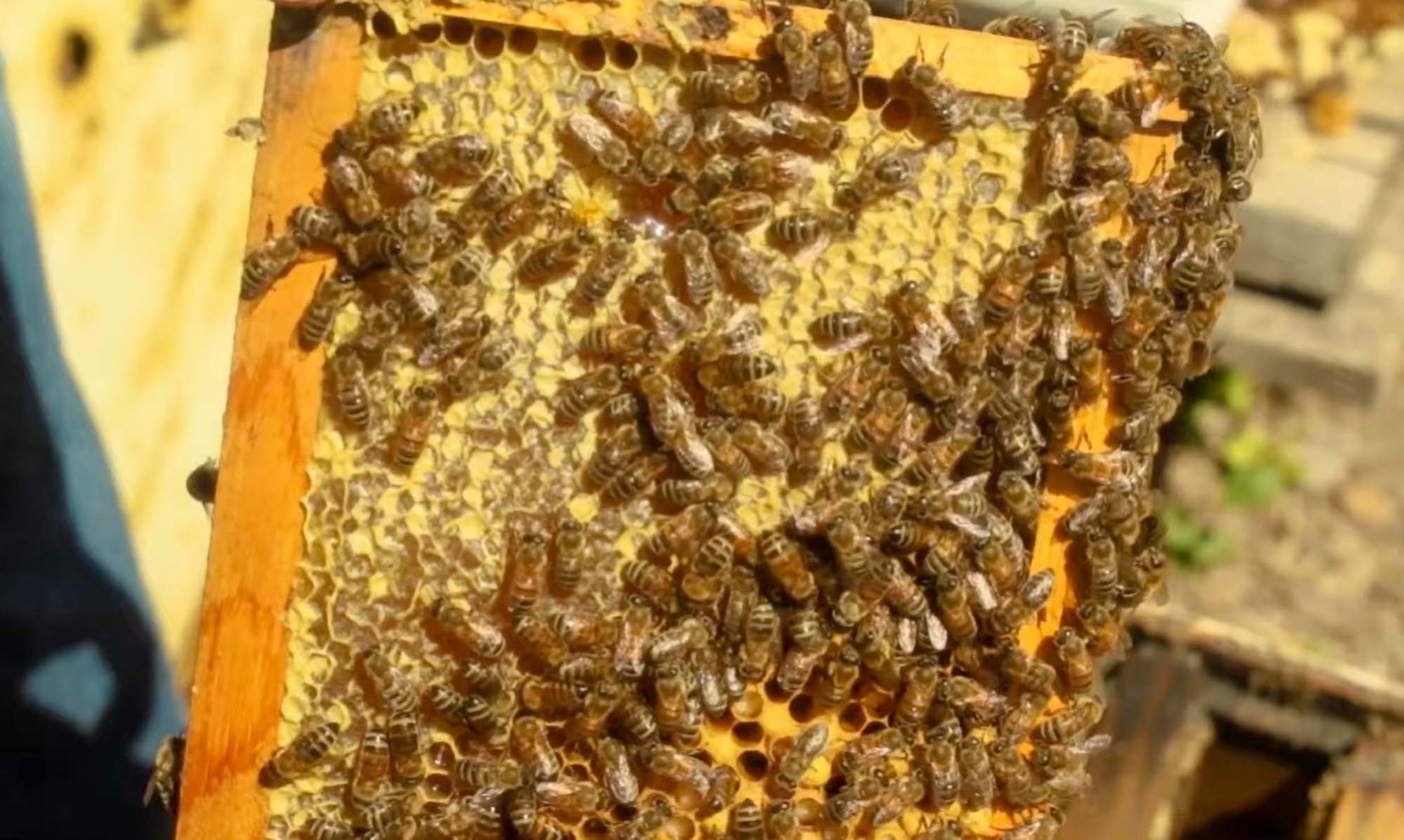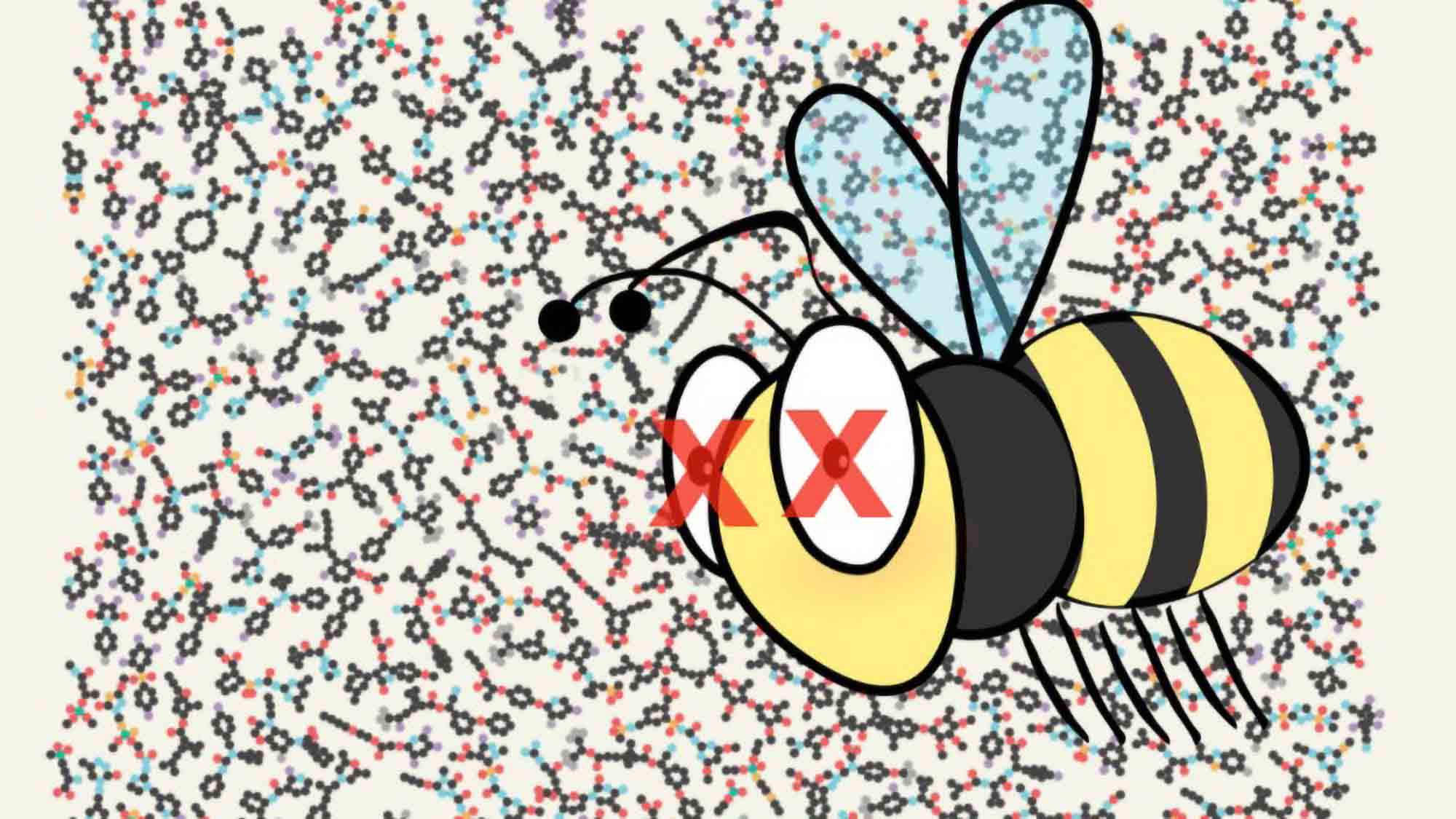The regular consumption of raw honey can significantly reduce the risk of suffering some of the most common health issues as it lowers cholesterol and blood sugar levels, scientists in Canada have found.
Researchers at Toronto University carried out a systematic review and meta-analysis of clinical trials on honey. Their findings show that honey improves key measures of cardiometabolic health, especially if the product is raw and from a single floral source.

Tauseef Khan is a research associate at Toronto University’s Temerty Faculty of Medicine and one of the co-authors of the study entitled “Effect of honey on cardiometabolic risk factors: a systematic review and meta-analysis.”
Khan said: “These results are surprising because honey is about 80 per cent sugar. But honey is also a complex composition of common and rare sugars, proteins, organic acids and other bioactive compounds that very likely have health benefits.”
The team of scientists included 18 controlled trials and over 1,100 participants in their analysis. Their research reveals that the consumption of honey has neutral or beneficial effects, depending on aspects such as its quantity and floral source.
The median daily dose of honey in the trials – which lasted approximately eight weeks – was 40 grammes which is the equivalent of around two tablespoons. The intake of raw honey turned out to have the most beneficial effects.
Its consumption helped lowering fasting blood glucose, total and LDL cholesterol, triglycerides and a marker of fatty liver disease. Furthermore, it increased HDL cholesterol and some markers of inflammation.
Low-density lipoprotein (LDL) cholesterol – which is sometimes referred to as ‘bad’ cholesterol – makes up most of the body’s cholesterol. High levels of LDL cholesterol raise the risk of heart disease and stroke, according to the Centers for Disease Control and Prevention (CDC), a science-based service organisation based in Atlanta, Georgia, in the United States.

The CDC says: “HDL (high-density lipoprotein) cholesterol, sometimes called ‘good’ cholesterol, absorbs cholesterol in the blood and carries it back to the liver. The liver then flushes it from the body. High levels of HDL cholesterol can lower your risk for heart disease and stroke.”
Khan emphasised: “We’re not saying you should start having honey if you currently avoid sugar. The takeaway is more about replacement – if you’re using table sugar, syrup or another sweetener, switching those sugars for honey might lower cardiometabolic risks.”
John Sievenpiper is an associate professor at the University of Toronto’s Department of Nutritional Sciences.
Dr Sievenpiper explained: “The word among public health and nutrition experts has long been that ‘a sugar is a sugar.’ These results show that’s not the case, and they should give pause to the designation of honey as a free or added sugar in dietary guidelines.”











